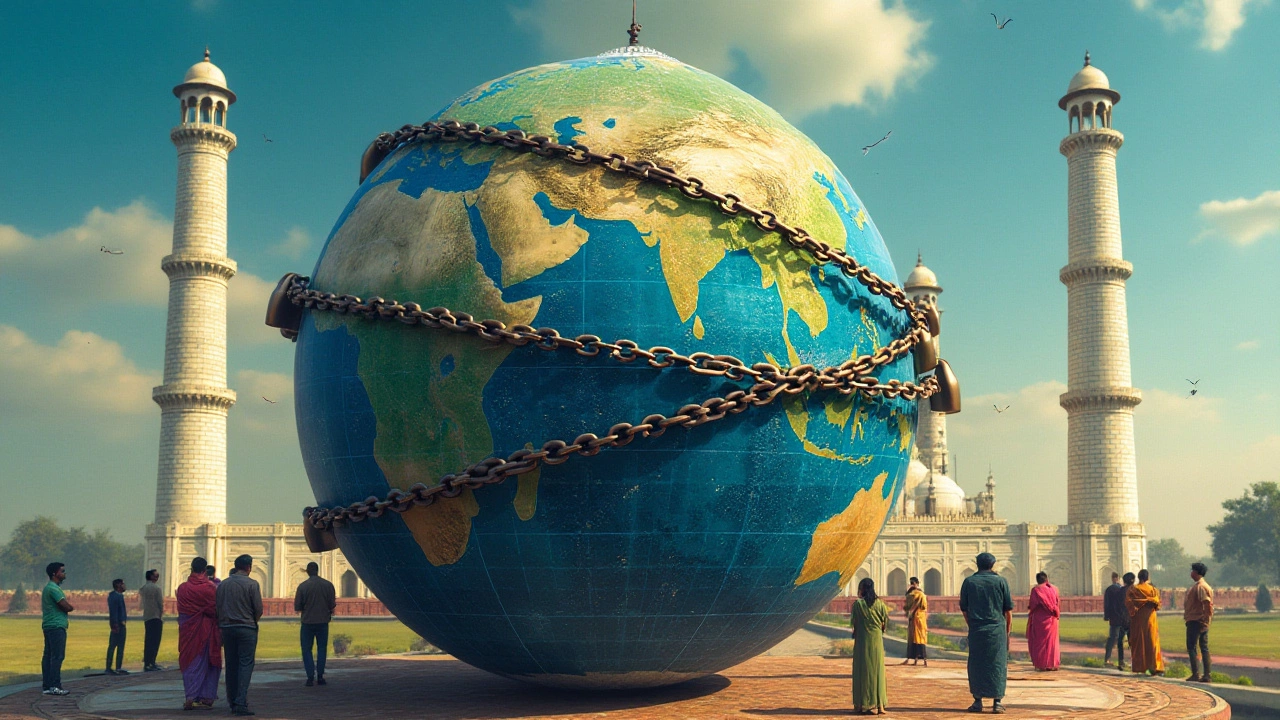Internet Censorship: Understanding the Basics and Its Impact
Ever wondered why some sites disappear or why a video won’t load? That’s internet censorship at work. It’s when governments, companies, or platforms decide to block, filter, or remove online content. The goal can be anything from protecting national security to controlling political narratives. For most of us, it shows up as a missing page, a blacked‑out search result, or a slow‑loading website.
In India, the conversation around censorship has heated up in recent years. New rules give authorities the power to take down pages that they say violate law or morality. At the same time, tech companies often have their own policies that can limit what you see. The result is a mix of legal, technical, and corporate filters that shape our daily browsing experience.
Common Ways Censorship Happens
There are a few typical tricks used to control online content. The simplest is DNS blocking, where the address of a site is altered so your browser can’t find it. More aggressive methods involve deep packet inspection, which looks at the data flowing through a network and can block specific keywords or URLs. Some platforms also use keyword filters on social media, automatically removing posts that contain certain terms.
Another popular tool is the “court order takedown.” A court can order a site to remove content, and search engines are forced to de‑index it. This means the page still exists, but you can’t find it through Google or Bing. In addition, self‑censorship happens when creators avoid controversial topics to stay safe or keep their audience.
How to Safeguard Your Online Experience
If you want to see the full internet, you have a few options. A VPN (Virtual Private Network) encrypts your traffic and routes it through a server in another country, often bypassing local blocks. Proxy services work similarly but may be slower. Using alternative search engines, like DuckDuckGo, can also help you avoid filtered results.
Keep your software up to date. Browsers and operating systems release security patches that can close loopholes used for censorship. Also, be aware of the sources you trust. Some news sites or blogs specialize in tracking blocked content and can give you a clearer picture of what’s being hidden.
Finally, stay informed about the laws in your country. Knowing what can be legally blocked helps you understand why certain content disappears. If you feel a site has been unfairly taken down, you can often file an appeal through the platform or seek legal advice.
Remember, internet censorship isn’t a new idea, but the tools used today are more sophisticated. By using simple privacy tools, staying updated, and questioning why content is missing, you can keep your browsing experience as open as possible.
At the end of the day, the internet works best when we all push for transparency and accountability. Whether you’re scrolling through social media or researching a topic, knowing the basics of censorship puts you in control of what you see and share.
- Arjun Bhardwaj
- 14-01-25
- Website Hosting
Understanding India's Blocked Domains: A Comprehensive Guide
Explore the reasons behind domain blocking in India, the types of content typically restricted, and how these measures affect users and website hosting services. With ongoing changes in regulations, it's crucial for businesses and users to stay informed. This article delves into the implications of blocked domains and offers insights on navigating online constraints effectively.
Details